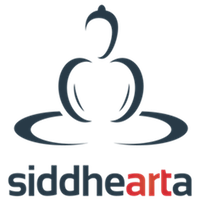I saw something
remarkable the other day.
I was walking in downtown
Seattle this past week and saw a homeless man up ahead begging for change. He was holding a sign, “Out of work. Anything helps.” In the winter Seattle’s homeless population
spikes as people migrate to the coasts for warmer weather. We are used to seeing men and women standing
at off ramps, at street corners and camping out in archways to stay out of the
rain.
The man walking ahead of
me approached the homeless man and gave him some change from his pocket. Then he shook his hand.
He didn’t have to shake
his hand. He could have gave him money
and walked away untouched. He could have
avoided getting dirty or having to worry about what germs the homeless man
carried. He could have made the exchange
a simple, clean transaction.
But he didn’t.
He made it human. He extended his money, which I am sure the
homeless man appreciated. Then he
extended his respect, kindness and dignity, something that is invaluable to
someone who doesn’t feel like they are worth anything.
We have a tendency to
think big. We think in systems and
projects and data and financials. All of
that is important if we want to fulfill our aims and the aims of others, we
need to go through that process, but if you are wondering where to start, start
here. Start with extending kindness,
respect and dignity to those in your family and your community. Start with our real world problems, with
where we are right now.
It might be dirty and you
are going to have to work hard, but if you are able to impact a human life, you
are doing something remarkable.
